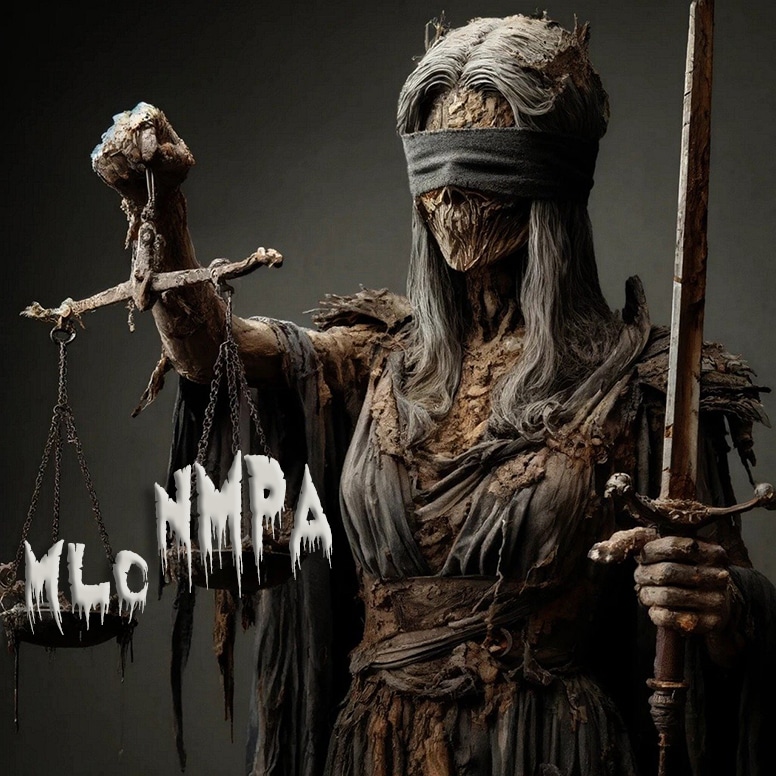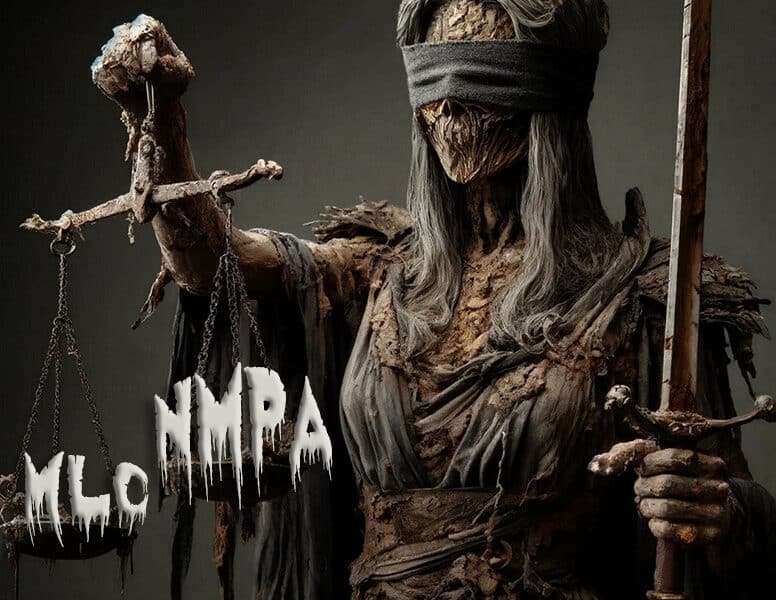
If you’re an independent music artist, you’re gonna want to know the latest—music copyright law is being called into question. The National Music Publishers Association has called upon the US congress to change copyright licensing. This happened in the wake of the bold move the MLC made recently to sue Spotify.
Lawsuit between Spotify and The Music Licensing Collective (US)
The United States operates a little differently when it comes to streaming license negotiations with platforms like Spotify. There is what’s called a compulsory license in place that allows eligible digital services to use copyrighted music for a set fee without having to negotiate directly with artists. Instead, they negotiate through major music labels. Unsigned artists are not allowed to negotiate their own copyright licensing deals with streaming platforms. They must submit their music through another distribution company already partnered with Spotify and similar platforms, and that distribution company then pays the artist’s royalties (sometimes).
This became a serious problem recently, when Spotify decided to add access to audiobooks to anyone paying for a premium music subscription. Suddenly they could call this a “bundled subscription”, whether subscribers wanted the audiobooks or not. Bundled subscriptions ensure artists are paid even less for their music streams. This is because bundling provisions under the compulsory act qualify for a reduction in payments to songwriters and publishers. While this does impact record labels too, they’re usually established well enough to take the hit. However, losing a lot of money under the new bundling classifications doesn’t sit well even with large entities like Sony and Warner.
Before making the change, Spotify did give the MLC a “heads up” that it would be re-classifying its individual, duo and family subscribers as “bundle subscribers”, which meant a 20% cut in payments to artists. This included close to 50 million subscribers. It’s a serious financial setback for artists; especially those who rely on streaming to cover a big part of their income. The MLC immediately started legal proceedings.
The US Copyright Office stated it would consider all public opinions when determining whether the Music Licensing Collective should continue to collect and distribute royalties or if a new company should be established. The cut off date for public opinions on the matter ended on the 29th of May, 2024. On May 30, Spotify was granted an extension and the lawsuit was postponed.
It’s time for Streaming Copyright Licensing to be reconsidered.
Every five years, the Register of Copyrights conducts a periodic review of the MLC (Music Licensing Collective) and DLC (Digital Licensee Coordinator) delegations of the law.
The Music Modernization Act (MMA), signed into law by Trump on October 2018, created the non-profit MLC that works on behalf of artists, ensuring they get paid their royalties for all songs streamed. The DLC represents the Digital Service Providers, in regards to the way the MMA allows those digital services to use/distribute copyrighted music for a set fee under the blanket compulsory license. The review by the Register of Copyrights every five years is meant to keep a balance between the two forces. It’s been a turbulent ride so far, and the MLC’s time is almost up. They’re in the process of redetermining those details now. An agreement is scheduled to be released sometime in August.
The 5-year review proceeding includes the Copyright Royalty Board (under the Library of Congress), songwriters and music publishers. They confront some of the biggest tech companies in the world including Spotify, Amazon, Apple Music, and Google to determine a royalty rating system for the use of their music.
CEO of NMPA, David Israelite, was quoted as stating “Spotify is not a business partner” recently in an article by Chris Cooke of completemusicupdate.com. He went on to explain that the way US copyright law sets out a statutory process for the payment of writers and music publishers simply “isn’t working”.
The judge presiding over the legal case between the MLC and Spotify has granted Spotify their request to delay a response until July 19th. No one is sure how Spotify’s legal team is using the extra time.
Three important negotiations are in the works this year
We have three debates in action right now; the periodic review of the MLC and DLC, the lawsuit between Spotify and the MLC, and the request to the US Congress by the National Music Publishing Association to overhaul the Copyright Act altogether; they want publishers and songwriters to be allowed to negotiate their own mechanical royalty rates instead of those rates being determined by quasi-government agencies like the MLC. (The MLC is technically an offshoot of the US Copyright Office, which is a government agency.)
Artists outside of the US?
Every country has its own Performing Rights Organization that collects royalties for artists. Each one decides the royalty rate independently. For example, the UK has PRS for music, and they are elected by and from the members they represent. Brazil uses ECAD (Escritório Central de Arrecadação e Distribuição), which is a private non-profit. Since globally everyone works differently, artists face challenges every day in receiving their payments from streams in other countries. While all these PROs are supposed to “talk to each other” and pay out to the prospective country’s organization, it doesn’t always happen. In order to solve this, there are private companies like SongTrust that have been established with the sole purpose of navigating these claims.
Conclusion
There is a lot to getting paid for your hard work as a musician; especially if you’re independent. Every artist must keep their eyes open to the inner workings of establishments designed to collect and distribute their money. To ignore or dismiss it can lead to the abuse of power by giant tech. We’re living in a digital world; both lawmakers and private organizations will continue to battle this out for years to come, as all this hasn’t really found its place yet. If you don’t want to be a part of the shaping of the new age in regards to financial issues, it’s okay. DO, however, pay attention. As long as you’re watching, it’s going to be harder for giant companies to take advantage of you.
To read a much more detailed, comprehensive guide to how Spotify pays royalties, check out this article by Jeff Price (2020).





